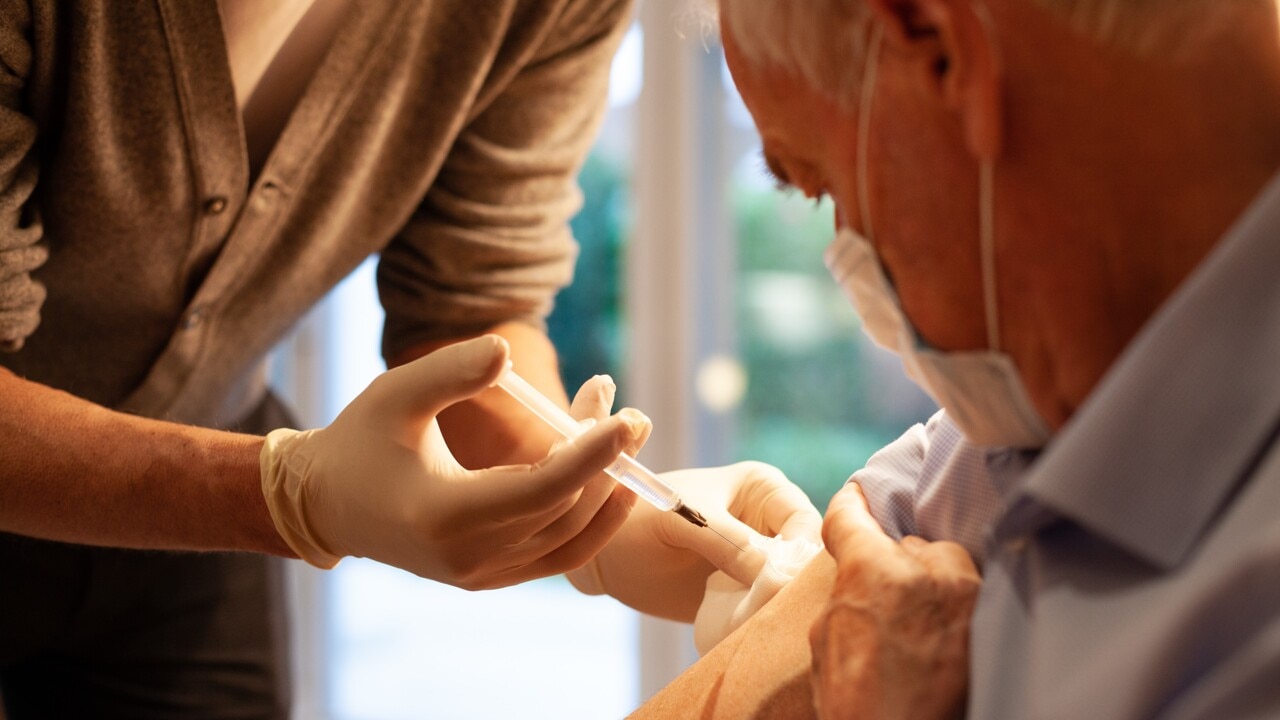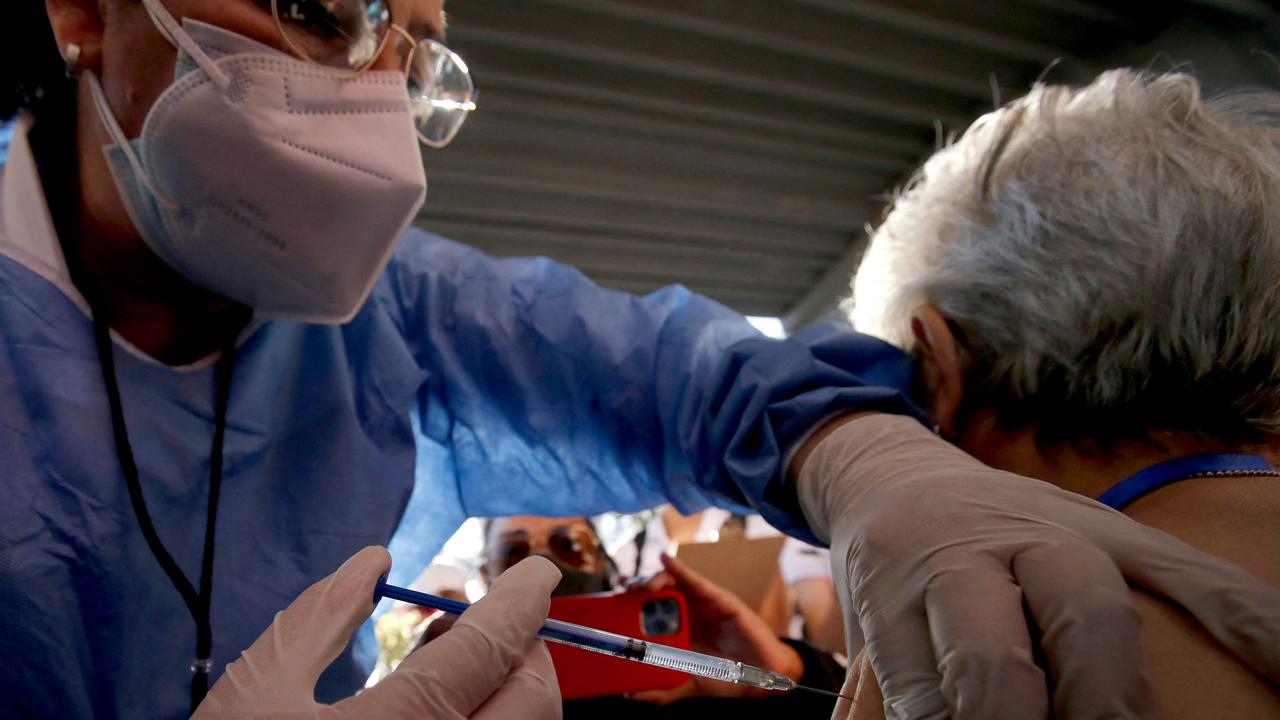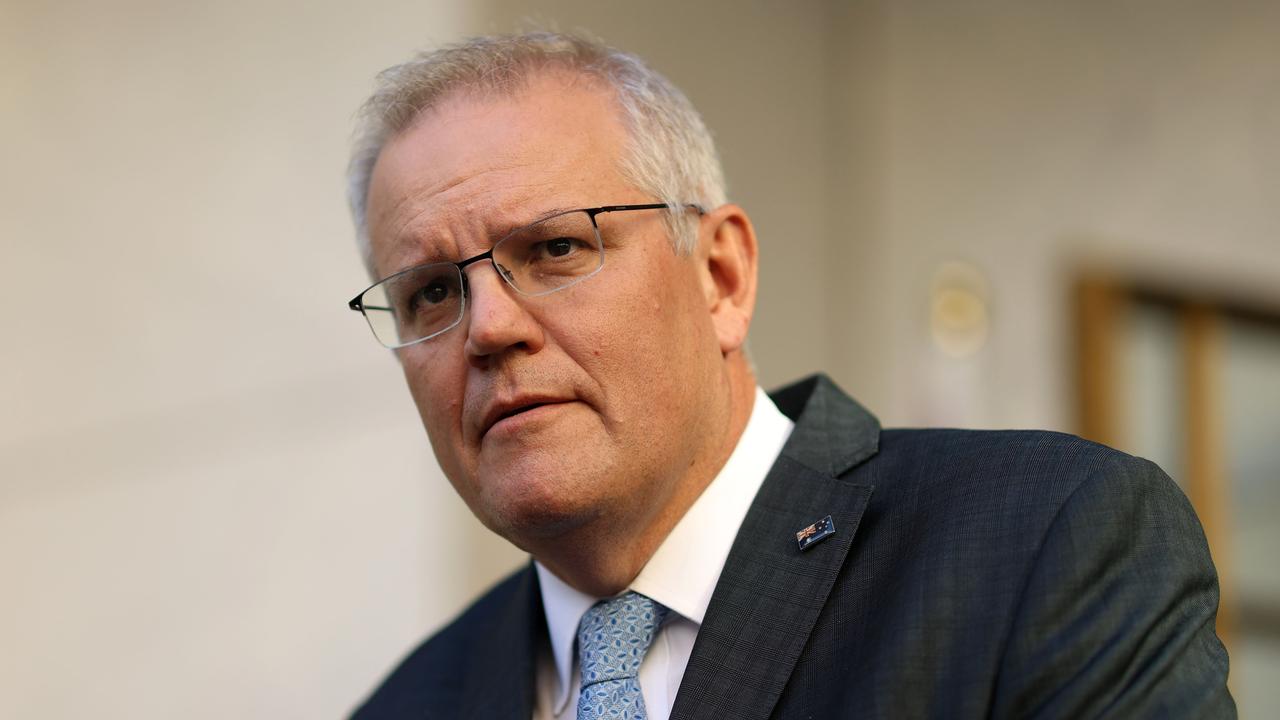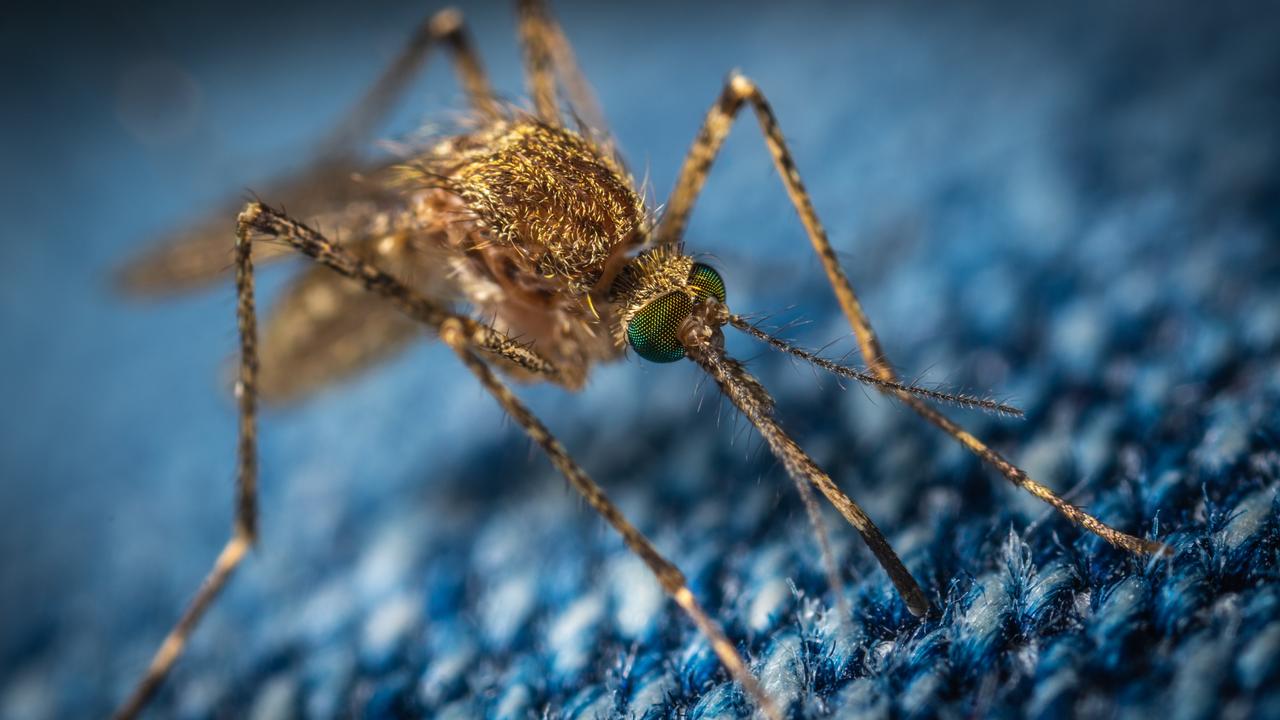AstraZeneca COVID-19 vaccine blood clot risk: How worried should you be?
A fresh warning about the risk of blood clotting caused by the AstraZeneca vaccine has cast more doubt on the jab, but it’s not such a big deal. Here’s why.

Yet another warning about the risk of blood clotting in recipients of the AstraZeneca vaccine for COVID-19 has cast doubt on its safety.
Overnight, a senior official at the European Medicines Agency confirmed a link between the jab and rare blood clots, and said a more definitive statement would be made this week.
Dozens of cases of clotting have been reported worldwide since the vaccine was rolled out. Seven people have died from blood clot complications in the UK, as well as two in Norway and one in Denmark.
Oxford University has now halted its trials of the AstraZeneca vaccine on children and teenagers while the regulator in the UK urgently investigates the blood clot risk.
While Oxford insisted the pause was a precaution and there were no significant risks to the 300 participants, it has also suspended recruiting new trial subjects until further notice.
The AstraZeneca shot is Australia’s main vaccine, comprising almost all of the doses purchased by the Federal Government – 50 million of which will be produced locally by CSL.
RELATED: Speed of Australia’s vaccine rollout ranked 90th in the world
RELATED: PM needs to accept vaccine rollout is an ‘unmitigated disaster’
Should you be worried about the blood clot cases?
After its official’s remarks overnight about the “causal link” to very rare clotting, the EMA released a statement insisting its review into AstraZeneca was ongoing.
Last week, it said it was yet to identify a link, nor any specific risk factors, such as gender, age or pre-existing medical conditions.
Among the few dozen cases reported so far, most occurred in young and middle-aged women. That doesn’t necessarily indicate the cohort is more at risk, though.
Various theories are being explored by scientists, including that the AstraZeneca vaccine triggers an unusual antibody in some rare cases.
In late March, the EMA released analysis of the cases that had been reported.
“Of the 20 million recipients of the AstraZeneca vaccine, they found 25 instances of blood clots – seven cases of clots in multiple vessels throughout the body and 18 cases of clots forming in people’s brains, which can result in a haemorrhage,” Professor Maureen Ferran, a biologist at Rochester Institute of Technology, explained in a piece for The Conversation.
At that time, the World Health Organisation deemed that the significant benefits of the AstraZeneca vaccine against COVID-19 far outweighed the rare risk of blood clotting – so rare that another medication, widely used throughout the world for generations, presents a higher likelihood of clotting.
RELATED: What we know about AstraZeneca vaccine and blood clot concerns

The blood clot risk is extremely low
Globally, an estimated 840 million women take oral contraceptives each day – that is, birth control pills, or ‘the pill’.
Those people are at far greater risk of developing blood clots than all people who receive the AstraZeneca vaccine.
A study of the blood clot dangers posed by the pill – one of numerous that’s been published – appeared in The Lancet medical journal in 1997 and found oral contraceptives tripled the risk.
Other birth control methods, such as patches and inserted devices, also carry a risk of blood clots, Dr Menaka Pai, associate professor at McMaster University in Canada, told CTV News.
“We know that there is an increased risk of blood clots with birth control pills, and that risk is also increased with pregnancy, it’s increased with the post-partum period and that’s because oestrogen actually increases the risk of blood clots,” Dr Pai said.
The hormone oestrogen can also contribute to a greater risk of clotting.
A theory even emerged after the AstraZeneca clotting reports that the pill could be responsible, but experts believe that’s unlikely.
“I do want to reassure women that just because they’re taking birth control, that doesn’t mean that they shouldn’t get the first vaccine that’s offered to them,” Dr Pai said.

Should Australia continue the rollout?
When the first reports of blood clots emerged, several European nations suspended the delivery of the AstraZeneca vaccine and began investigating.
Australia did not, insisting regulatory reviews and the scientific evidence justified its continued rollout.
Julian Savulescu, a visiting professor in biomedical ethics at Murdoch Children’s Research Institute, believes that is the right approach.
“Like any medicine, vaccines have risks associated with their benefits, and no one wants to recommend or use a vaccine with serious side effects,” Professor Savulescu and several colleagues wrote in a recent article for The Conversation.
“We argue it’s best to give people the facts so they have the autonomy to make their own decisions.
“When governments pause vaccine rollouts while investigating apparent safety issues, this is paternalism, and can do more harm than good.
“Some might argue a precautionary approach could help protect the public’s confidence in vaccination in the long term. However, suspending or withdrawing a vaccine could also undermine confidence. Once a vaccine program is stopped due to safety concerns, it may not recover.”
Suspending the rollout of an effective vaccine in the midst of a pandemic will also lead to preventable deaths, Professor Savulescu argued.




